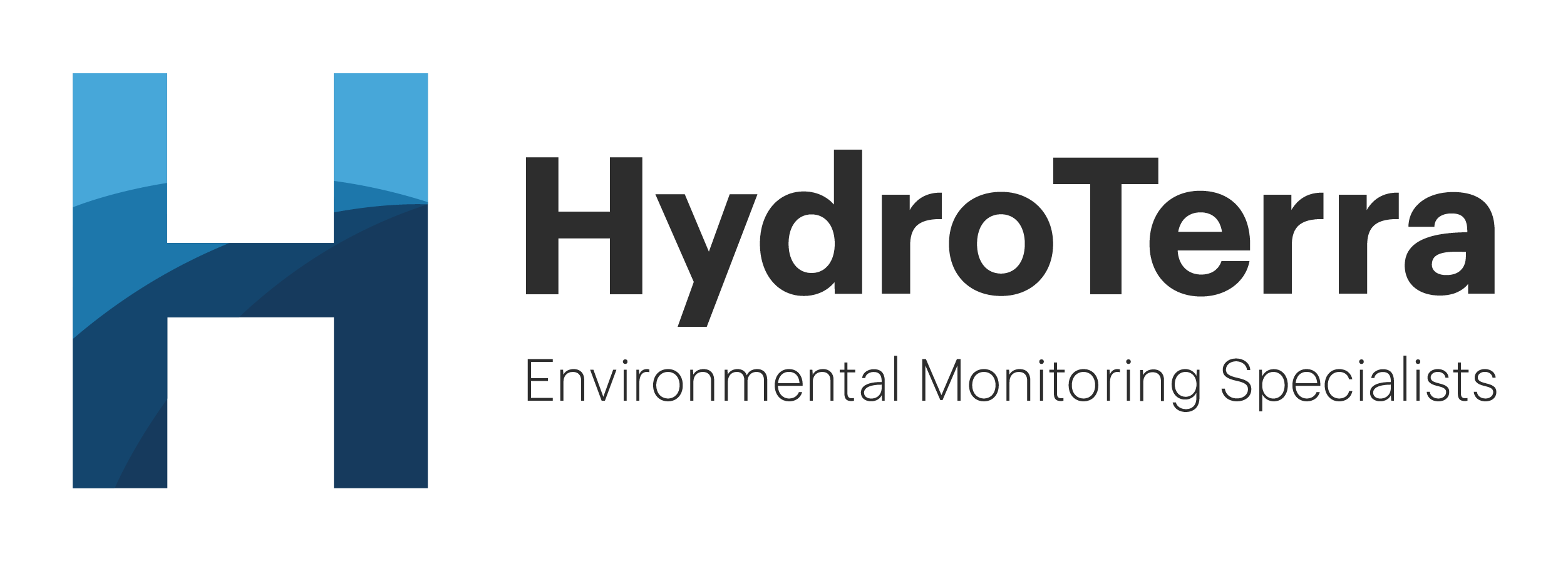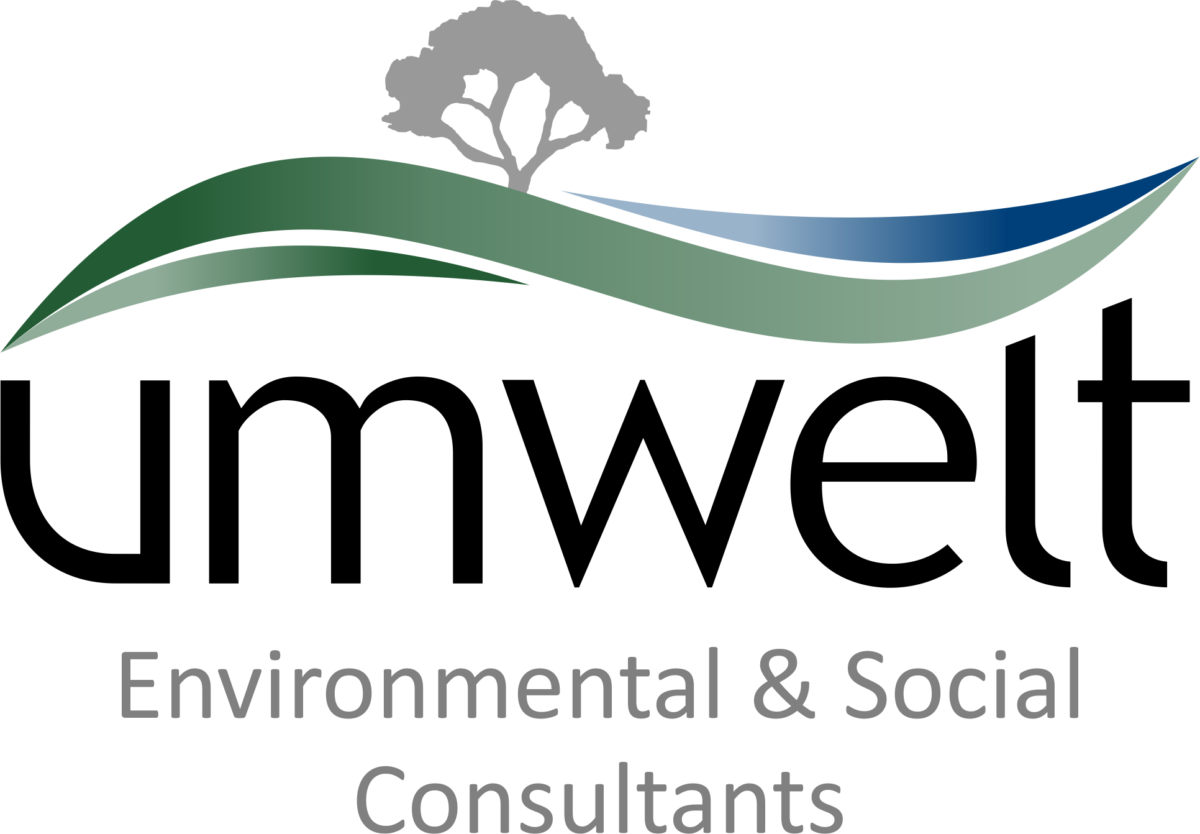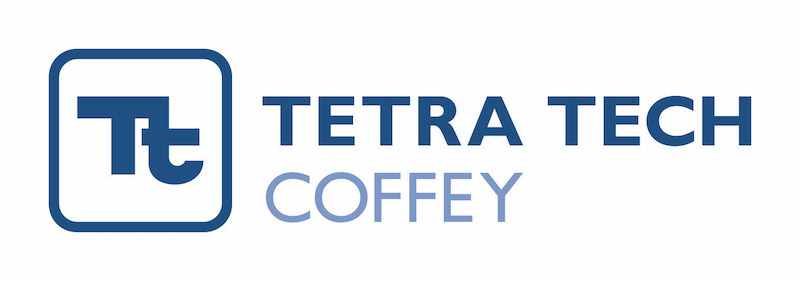Molecular Biological Tools in Contaminated Lands Management
Presented by: Dr Sam Rosalina
Produced by: IAH NSW
Date: Tuesday 22 October 2024
Time: 17:30 for an 18:00 start
Where: WSP Office – Level 27
Online: Teams link
Abstract:
Molecular biological tools (MBTs) are a crucial line of evidence for contaminated land management. Microbial activity at a contaminated site is understood to play important roles within all remediation strategies, not just monitored natural attenuation or enhanced bioremediation. In this workshop, Dr. Rosolina will present on the basics of MBTs including what questions they can help answer as well as their strengths and limitations. Examples of when and how best to use these methods for chlorinated solvent and petroleum hydrocarbon contamination will be discussed through the use of case studies. Additionally, attendees will learn about new field-based technologies that enhance the way the environmental industry samples, and analyzes, microbial communities. This presentation will provide the comprehensive technical knowledge related to the basic principles of applying MBTs to achieve a better conceptual site understanding and to answer crucial project questions.

Bio:
As Vice President of Applied Innovation, Sam works with each of the laboratories within Microbial Insights and collaborates with experts across multiple industries to continually drive innovation forward. Throughout the development of new molecular biological tools, his focus is a balance of hard science, accessible methods, and actionable data. He received his B.A. in Chemistry from Berea College and went on to complete a Ph.D. in Analytical Chemistry at the University of Tennessee. Sam has helped train engineers and regulators on the uses and limitations of molecular biological tools for contaminated lands cleanup, teaching courses and workshops around the world. Dr. Rosolina is also proud to serve as the Board Chair for Discover Life in America, a non-profit and Great Smoky Mountains National Park partner dedicated to discovering, understanding, and conserving biodiversity.


























